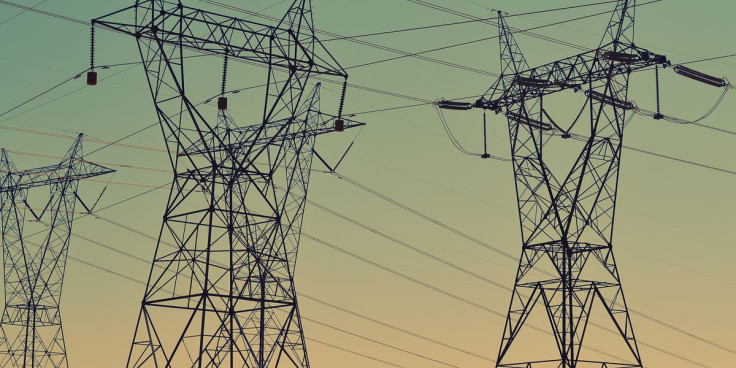
The heat has been scorching in Texas as of late. High temperatures in Houston, Texas's biggest city, reached 93° F (34°C) on Sunday, according to meteorologists at AccuWeather, a considerable rise as the average temperature at this time of year is 88°F (31°C).
As expected, daily energy consumption consequently set a record for the month of May on Sunday, the state grid operator said, as homes and businesses fire up air conditioners to escape a heat wave.
Amid this reality, a recent survey of Texans by Payless Power found that one third of state residents said they paid their electric bills late at least once during the year, while 7% said that their accounts had been referred to a collections agency.
In an interview with The Texas Tribune, Doug Hairgrove, director of energy programs at the Community Action Corporation of South Texas said that households across 16 counties in South Texas have owed, on average, $1,400 in their electric bills. "It's ironic because Texas is supposed to be an energy state," Hairgrove concluded.
The bulk of the finger-pointing seems to be aimed at the Electric Reliability Council of Texas (ERCON) a board-governed nonprofit that powers Texas homes. Besides overseeing a grid which manages 90% of the state's electricity and serves 26 million Texans, ERCOT also buys power from producers and resells it to companies that then sell it as a utility to consumers.
ERCOT's system attempts to provide incentives to power companies to produce more energy during peak demand times in the summer and winter by paying a premium. Those price increases are passed on to the utility companies and their customers as well.
According to The Texas Tribune, an ERCOT representative claimed the body is not responsible for how much electric retailers charge their customers and preferred to place the blame on infrastructure: "the wholesale cost of energy could increase as more expensive generation would be required to keep up." Regardless of the actual reason, according to Forbes, Texas paid more for wholesale electricity than anywhere else in the country.
Families that find themselves unable to make ends meet because of the rise of electric bills are seeking the help of charities more often than ever. They have also been applying to the Comprehensive Energy Assistance Program (CEAP) which assists low-income households by covering up to eight months of the highest energy bills.
© 2025 Latin Times. All rights reserved. Do not reproduce without permission.




